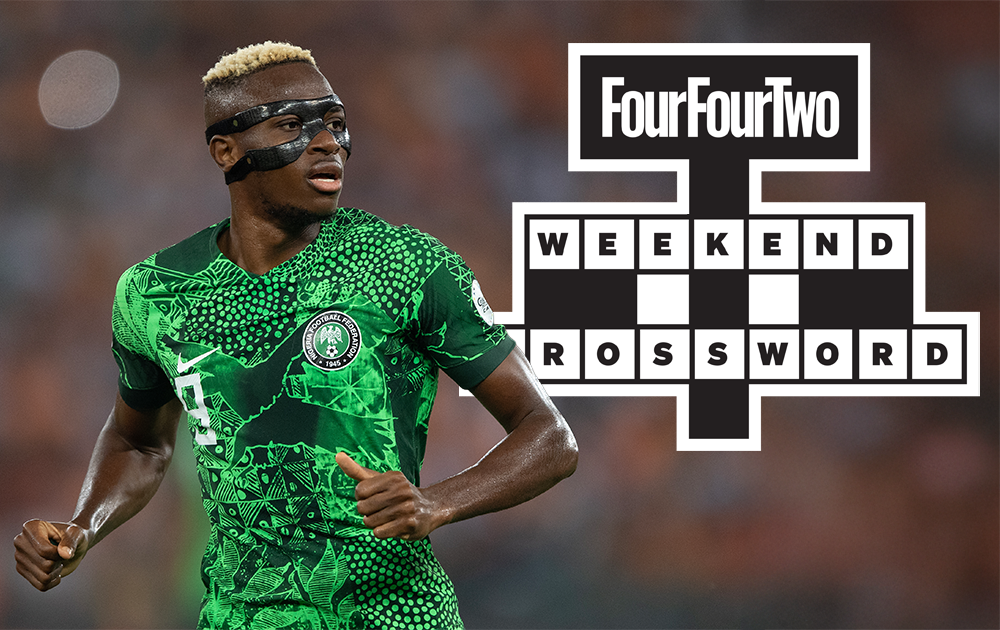Progressive manager or Brentian charlatan: is Brendan Rodgers any good?
The Liverpool boss has many redeeming features but he keeps making the same mistakes, writes Hassan Cheema...
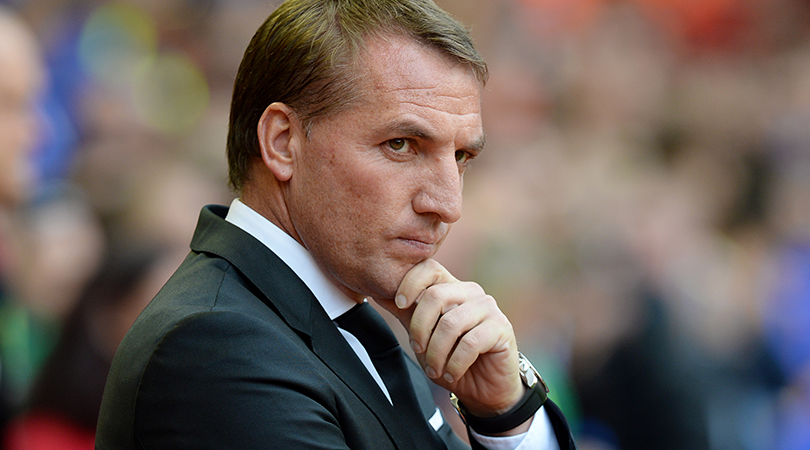
A disciple of Jose Mourinho, who showed a possession-obsessed, Pep Guardiola-style team could succeed in English football at Swansea, soon became the biggest proponent of counter-pressing this side of Westphalia
The causes behind the golden age of television - the one that we are supposedly living through now - has far more to do with what's on the screen than anything else. The rise of characters whose personalities can best be described as grey has been at the forefront of this; long gone are the days of black and white hats in black and white westerns. Today's characters can elicit more than a single emotion and, much like everything else on our screens, sport has followed suit.
Even in this Twitter-fuelled age of uber-tribalism, the battle lines are fuzzier than they were just 15 years ago. The constant changes and knee-jerk reactions atop the European game have meant that all loyalties and conclusions are temporary. And for no-one are the conclusions more temporary than Brendan Rodgers.
A disciple of Jose Mourinho, who showed a possession-obsessed, Pep Guardiola-style team could succeed in English football at Swansea, soon became the biggest proponent of counter-pressing this side of Westphalia. Rodgers has had more avatars than a James Cameron movie. And yet the question remains, is he any good?
Groundhog Day
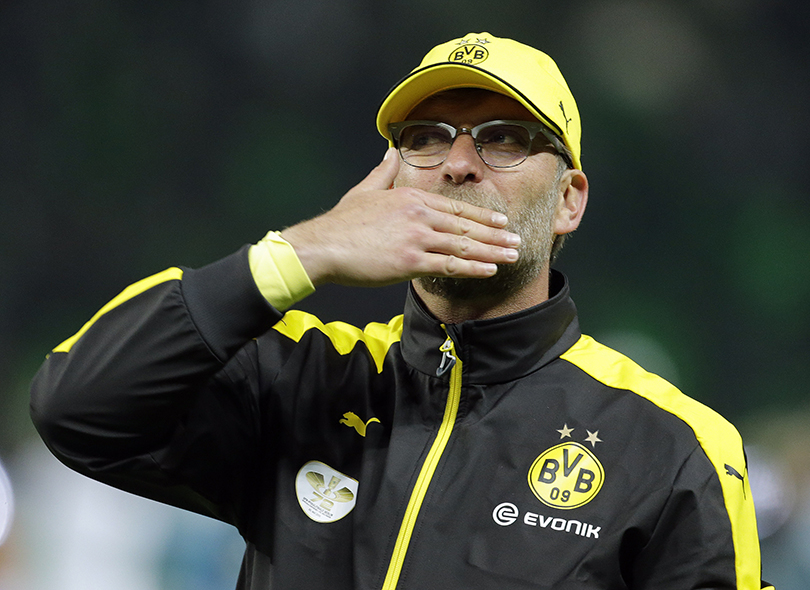
The fact that he can improve a player is counterbalanced by how slow he is to integrate new signings into the team; his propensity to frequently tinker with his approach could be seen as tactical adaptability or insecure meddling
A question such as this should really have an easy answer, particularly when the man in question is presently the second longest-serving manager in the Premier League. Yet at the start of Rodgers’ fourth season in charge of the Reds, it is still difficult to judge how competent a manager he is, particularly considering the ambitions of the club he finds himself at. The problem with Rodgers is that every positive seems to come with a negative and vice versa: the fact that he can improve a player is counterbalanced by how slow he is to integrate new signings into the team; his propensity to frequently tinker with his approach could be seen as tactical adaptability or insecure meddling. Is Rodgers the progressive manager British football has been calling out for or a Brentian charlatan who survives due to low expectations?
What makes things worse is that he seems intent on repeating the same old mistakes; Rodgers, in essence, is living the groundhog season. Every summer there is an overhaul of the squad, meaning every autumn is spent unsuccessfully trying to find a system to bring the best out of the players available.
Winters feature a Eureka moment and a run of victories that point to a better tomorrow, before the momentum is somehow lost in the spring and the cycle restarts the following summer.
The best features, fun and footballing quizzes, straight to your inbox every week.
Same old statistics
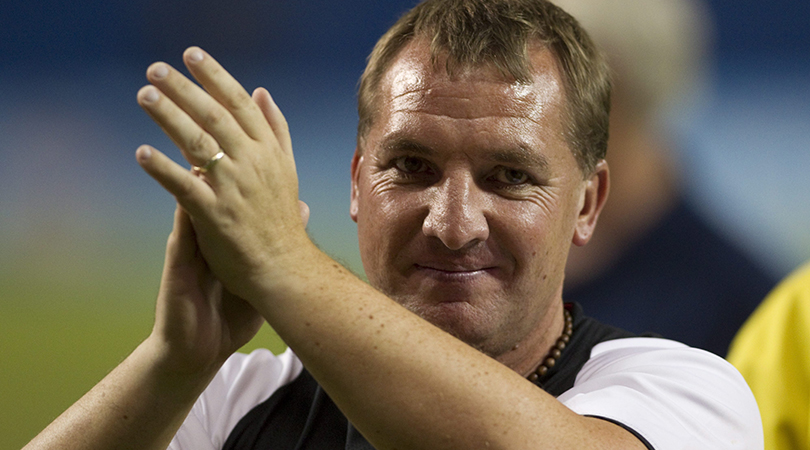
In Rodgers’ first season at Liverpool, after 13 games - roughly a third of the campaign - the club were 11th with 16 points (1.23 pts/game) and ended the year 7th with 61 (1.8 pts/game across the final 25 matches).
With a third of the season gone in 2014/15, Liverpool had 17 points (1.31 pts/game) and finished 6th with 62 - remarkably similar statistics to his debut campaign. Rodgers is saved by what happened between those two campaigns, though, when a Luis Suarez-inspired outfit finished as Premier League runners-up.
Rodgers has shown over and over again that, given time, he is able to strike upon a formula that leads to success
Even that season followed the same script, however: the first third brought the team 24 points (1.85 pts/game) as the winter and spring saw them become genuine title challengers, with their final tally of 84 points meaning they had gained 2.4 points per game across the final two-thirds of the season.
It is this Groundhog Day feel that really raises question marks about Rodgers, a coach who can adapt and change his tactics to suit the personnel he has at his disposal.
From the possession-based 4-3-3 at Swansea to the counter-attacking 4-4-2 diamond in 2013/14 and the back three-led resurgence last term, Rodgers has shown over and over again that, given time, he is able to strike upon a formula that leads to success.
But does that not lead to doubts about whether there is a belief, a system, a philosophy underpinning it all? Why does Rodgers have to change and adapt every autumn? A great reactive manager is ideal to get teams out of a hole, but wouldn't a proactive manager have avoided the hole in the first place?
Which type of forward?
Nothing encapsulates this better than his dealings with strikers. In his first season at Anfield, Rodgers pretty much ran Andy Carroll - Liverpool's record signing - out of town, making sure everyone was aware that the big man could not succeed in his system. Such an assumption was proven to be correct, with Rodgers’ greatest successes spearheaded by a mobile frontline, most notably with the wonderfully exciting forward trio of Suarez, Daniel Sturridge and Raheem Sterling. Yet since then, there has been an insistence on purchasing more traditional No.9s. The departure of Suarez led to the signings of Mario Balotelli and Rickie Lambert, only for the duo to be ditched in favour of Sterling as a false nine halfway through last season.
This summer, again, Christian Benteke and Danny Ings were captured, with the recent return of Sturridge from injury demonstrating that this Liverpool side still operates best with mobile frontmen. Rodgers has brought in more than 30 players for almost £300 million since moving to Merseyside but, with the exception of Sturridge and Philippe Coutinho, none can be considered outright successes.
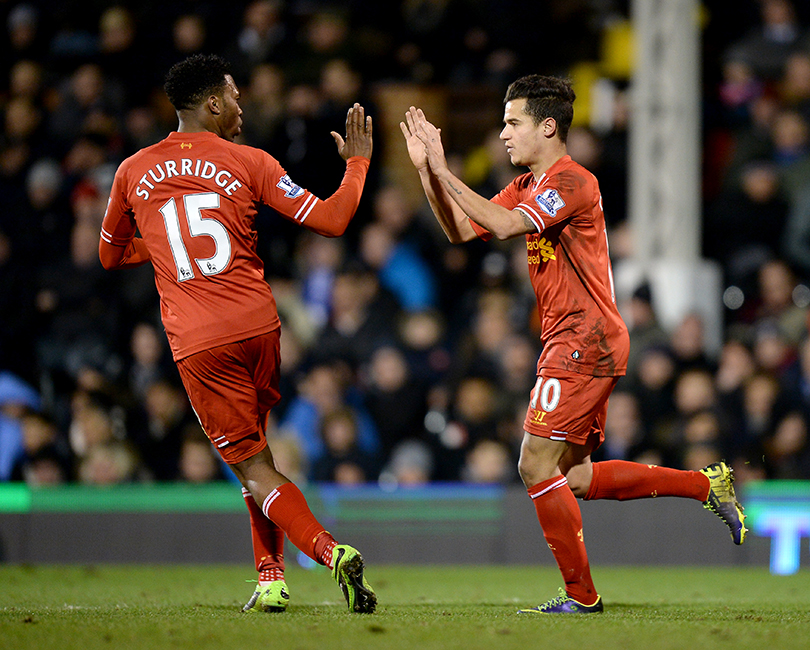
While the 42-year-old has improved many of those he once looked to discard - Jordan Henderson the obvious example - nobody knows what sort of player or system defines Rodgers after three seasons.
The answer to all of this won’t be provided regardless of whether Rodgers stays or goes. Given ample time, his team is likely to bounce back with a fancy new formation and reconfigured system, but the question remains about whether that is really enough to save the former Swansea boss year after year.
Fenway Sports Group, Liverpool’s American owners, will continue to mull that over in the coming weeks. For the rest of us, Rodgers remains a character in grey - so we might as well enjoy him while he lasts.
